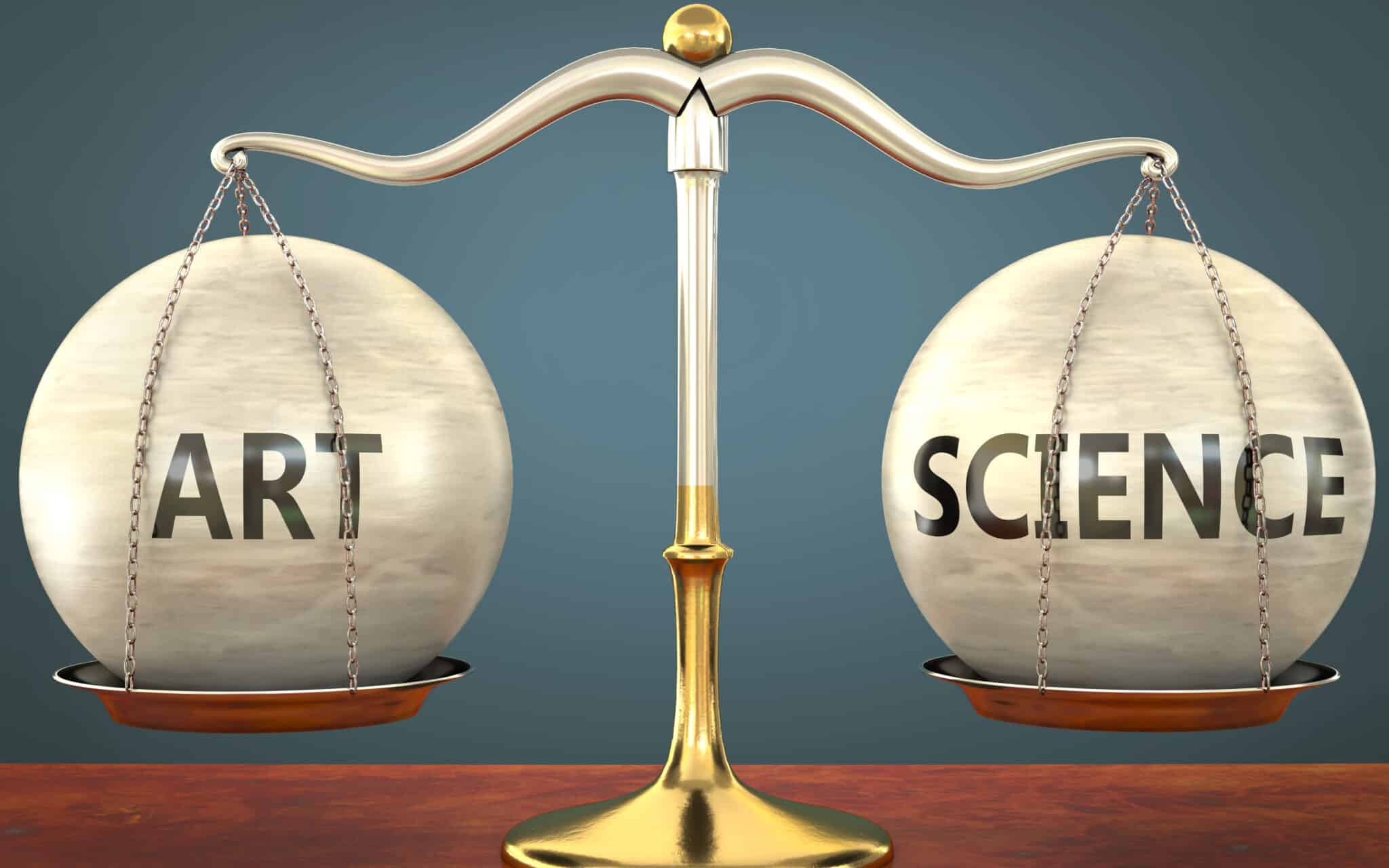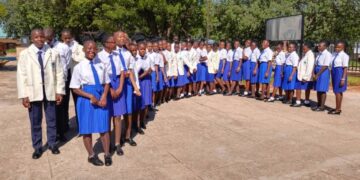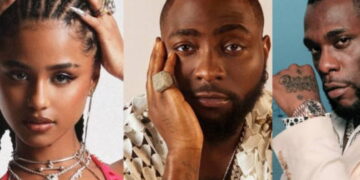
It is an unwritten rule that secondary school students (in Nigerian schools) who are transitioning from junior to senior secondary, have to decide whether they want to be in the class for the sciences or the arts. Very often, there is no option for a fusion of both. During the first three years of secondary school, all students take the same classes which include basic subjects such as mathematics, English, basic science, and social studies. Students get a blend of everything so that they can find their strengths and interests. It is expected that by the end of their third year (out of six) of secondary school, which is referred to as junior secondary 3 (JS3), students should have decided whether they want to be “art or science” oriented.
Students in the sciences take classes including further mathematics, physics, chemistry, biology, geography, and technical drawing. On the other hand, art students are inclined towards literature, economics, government, and social studies.
This division poses a significant constraint on students’ knowledge and potential. While specialisation or focus is a good thing, this rigid dichotomy between the sciences and arts classes restricts students from exploring diverse fields, and this stifles their holistic development and limits their future opportunities. In some cases, secondary school students fail to meet certain requirements for admission to universities they apply for because they did not get to take one subject or the other.
It is harmful to assume that students do not have unique interests and talents, as human intellect is multidimensional. The capabilities of students should not and cannot be categorised into just two distinct areas of learning.
Not only do Nigerian schools forcefully categorize students in one of these two classes sometimes, they also discourage “science students” from learning things that would be considered only for “arts students”, and vice versa. It is believed that the science class is for students who got higher grades (especially in mathematics) during their first three years of secondary school, while the arts class is for duller students who may have excelled in subjects that did not necessarily involve numbers. Although there are students who get to make their decisions based on future aspirations, there are others who are forced into one of the two classes due to their previous performance in school, and also perceptions and expectations that teachers, parents, and guardians may have of them.
The typical Nigerian belief that the sciences are superior to the arts may cause the arts students to feel marginalised or undervalued, leading them to lose motivation and self-esteem. Similarly, those inclined towards the sciences may miss out on cultivating essential skills and gaining knowledge in literature and other subjects offered by arts education.
Critics of less sectionalised education may argue that specialisation is necessary for mastery and proficiency in a particular field. While specialisation is indeed valuable, it should not come at the expense of all-round development. By integrating diverse subjects, versatile education promotes a deeper understanding of complex topics and encourages students to think critically across different issues. Moreover, it prepares students for dynamic careers.
This extreme sectionalisation between the sciences and arts classes in Nigerian secondary schools represents a significant impediment to students’ holistic development and future success. Embracing a wide spectrum of education is essential for nurturing well-rounded individuals equipped with the skills and mindset necessary to thrive. By breaking down the barriers between disciplines, the educational system can empower students to realize their full potential and contribute meaningfully to society.
_____________________
I am a young writer, editor, artist, academic, and passionate print journalist in training. My current goal is to publish a plethora of stories relevant to my community and interests such as politics, culture, health, environment, security, education, and gender. I am also a lover of arts and culture.
Twitter and Instagram @zainabnasreenm

















































































 EduTimes Africa, a product of Education Times Africa, is a magazine publication that aims to lend its support to close the yawning gap in Africa's educational development.
EduTimes Africa, a product of Education Times Africa, is a magazine publication that aims to lend its support to close the yawning gap in Africa's educational development.